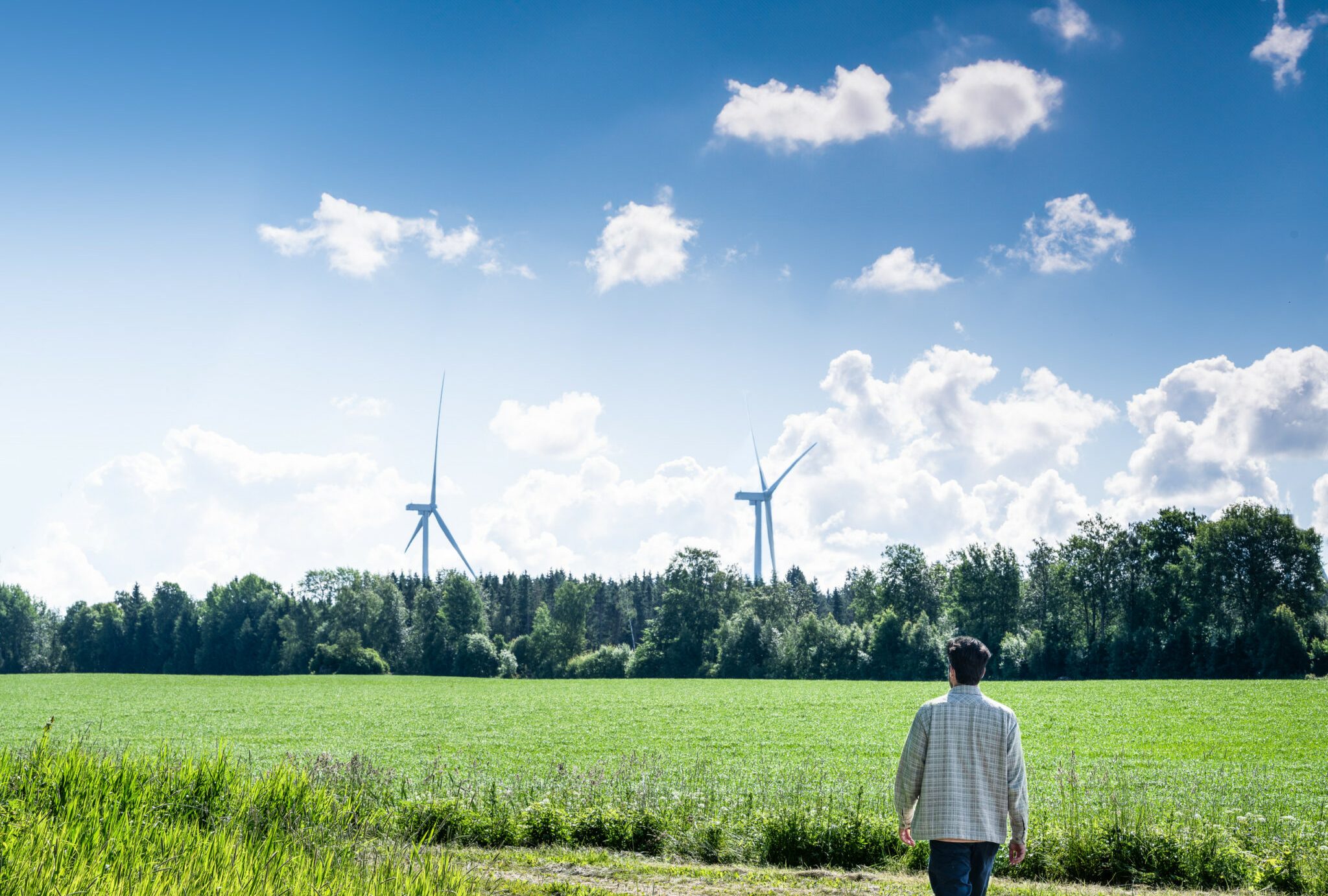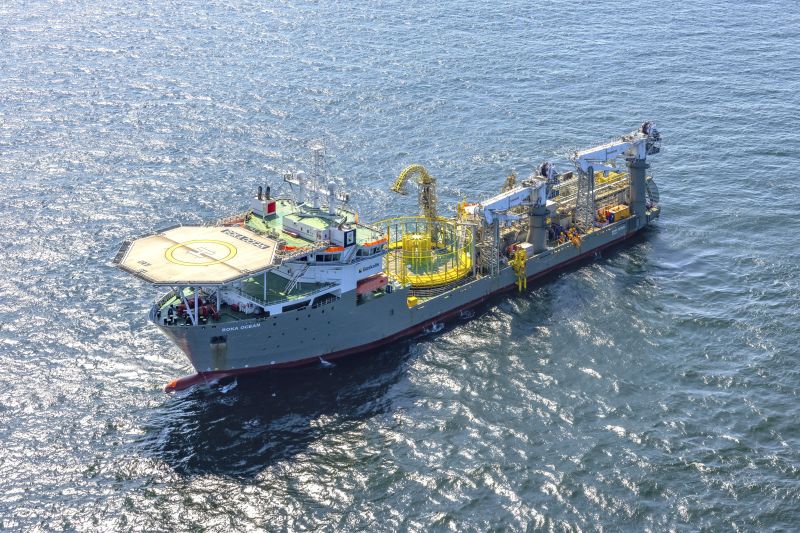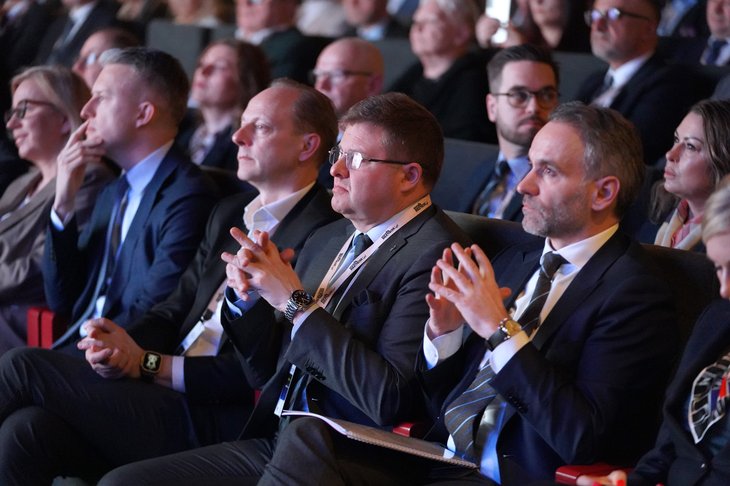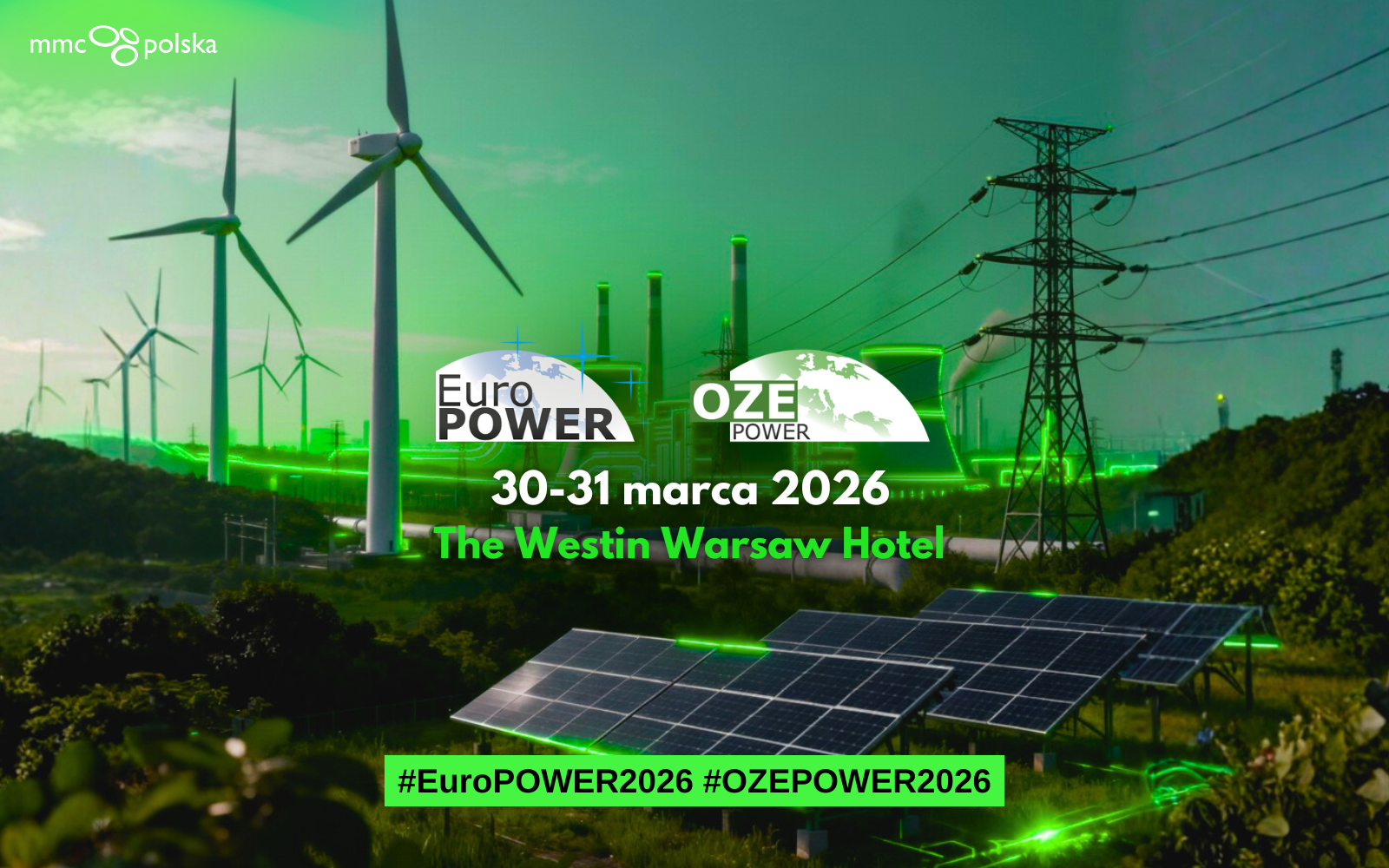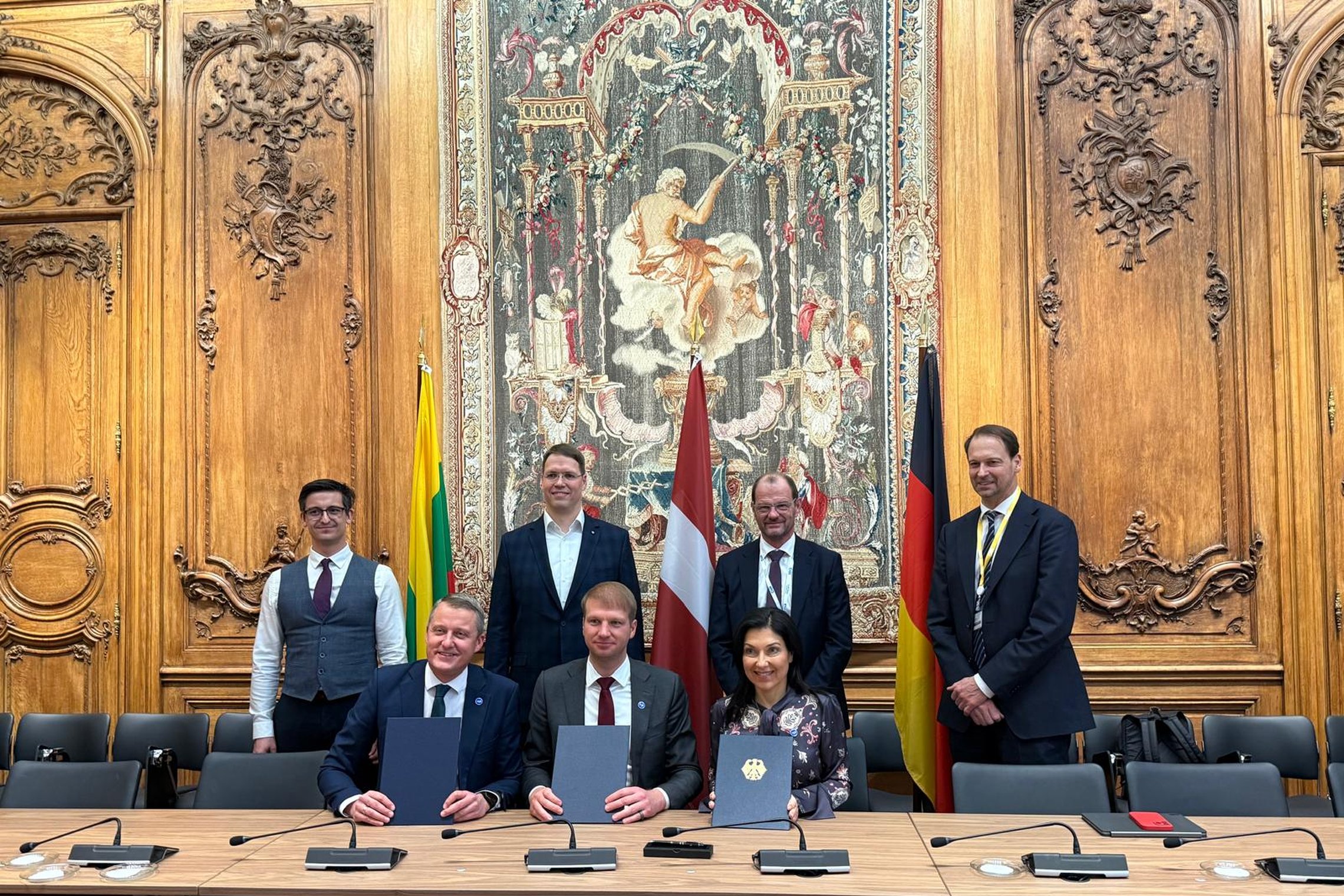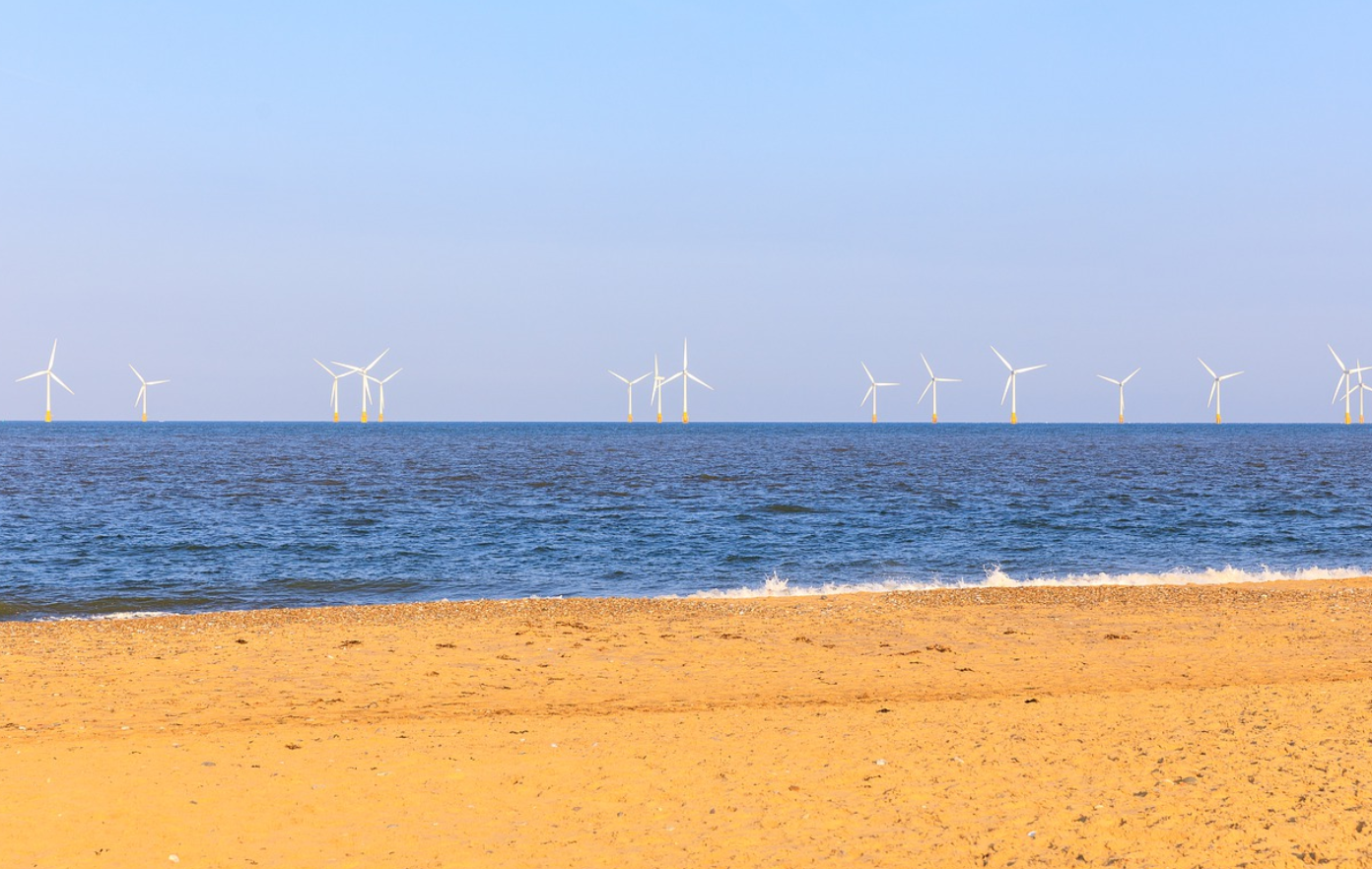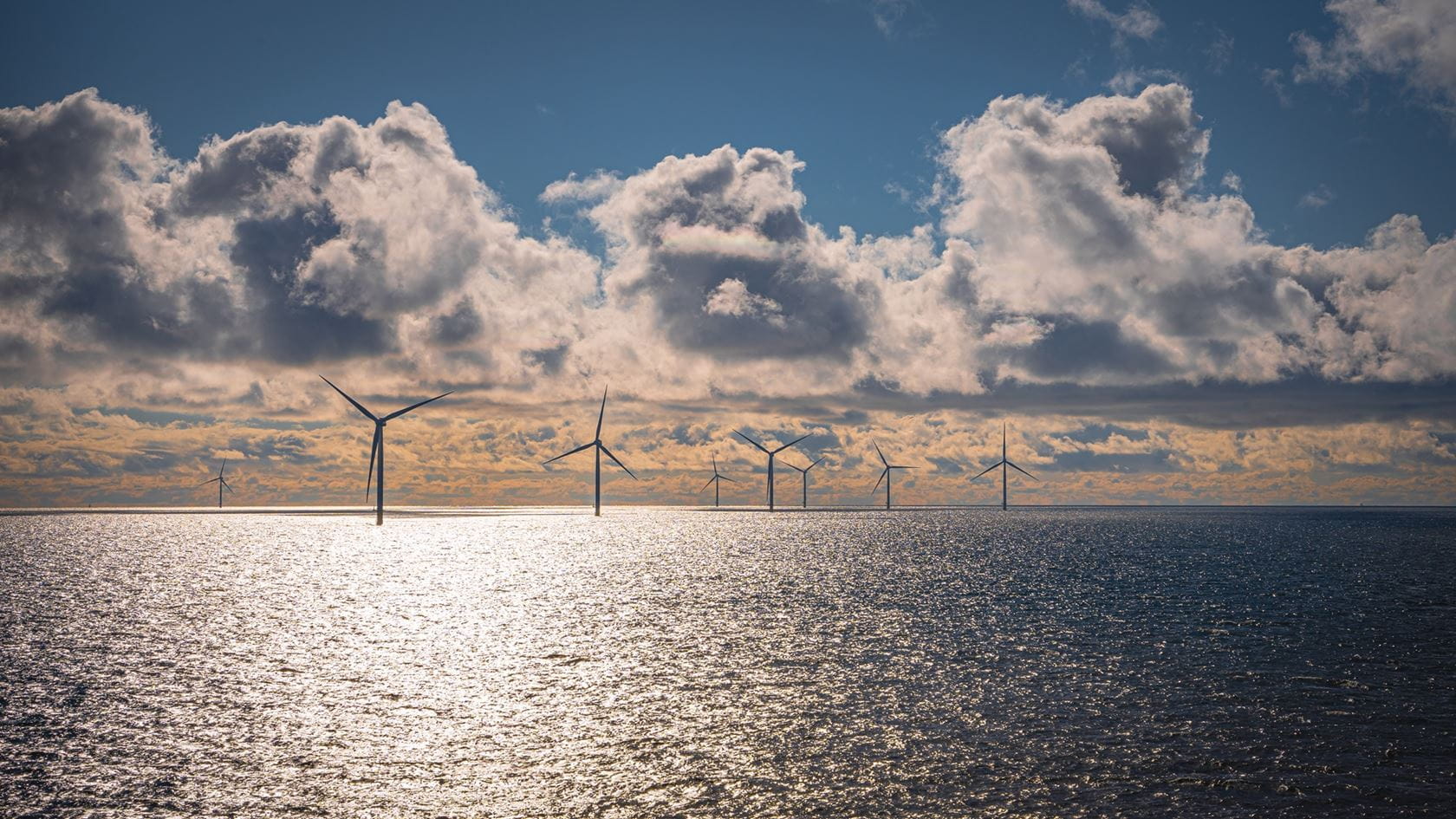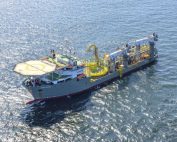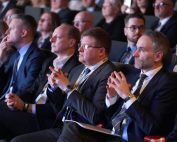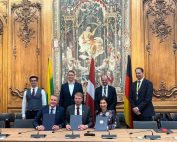Swedish renewable energy developer
Eolus AB has reported its second quarter results, marked by weaker financials but also by a historic transaction in the Baltic region. The company has sold
Latvia’s largest onshore wind project to dateto the state-owned utility
Latvenergo, setting a milestone for both Eolus and Latvia’s green transition.
Financial headwinds, but strategic steps forward
In its Q2 2025 interim report, Eolus posted
net sales of 364 MSEK, up sharply from 54 MSEK in Q2 2024. However, profitability remained under pressure: EBIT amounted to
-74 MSEK (-26 MSEK in Q2 2024), while net profit landed at
-38 MSEK, a slight improvement from -50 MSEK a year earlier.
Despite the weak quarterly earnings, CEO
Per Witalisson stressed the company’s ability to create value:
“The fact that Eolus has completed two transactions over a short period of time in a challenging market is strong proof of our ability to act with bravery and determination.”
Pienava project: a milestone for Latvia
The headline development is the
sale of the Pienava wind project to Latvenergo on June 11. This is Latvia’s
largest wind energy project ever and the
first completed project sale for Eolus in the Latvian market.
For the Baltic energy community, this transaction is more than just another deal – it represents a turning point. Latvia, which has long lagged behind Lithuania and Estonia in deploying wind power, is now advancing with projects of significant scale. The involvement of Eolus, one of Sweden’s leading renewable developers, and Latvenergo, Latvia’s dominant utility, demonstrates both international interest and domestic commitment to accelerating the country’s energy transition.
Broadening horizons: from “Vind” to full renewables
Eolus also formally changed its name this quarter from
Eolus Vind AB to Eolus AB, signaling a broader strategic scope. The company’s portfolio now spans
wind, solar, and energy storage, aligning with market trends toward hybrid and integrated renewable solutions.
Eolus’s managed portfolio has grown to
1,186 MW, compared with 967 MW a year ago, while its overall project pipeline stands at
over 26 GW across the Nordics, the Baltics, Poland, and the U.S.
Financing innovation in a tough market
Another key move during the quarter was the issuance of 550 MSEK in green senior secured bonds, used to refinance existing debt. The bonds were admitted to trading on Nasdaq Stockholm in July.
Such financing activity underlines the role of green bonds and capital market innovation in sustaining renewable growth, even amid high interest rates and a “soft” project transaction market. For Baltic developers and policymakers, this provides a reference point for scaling capital-intensive energy projects.
